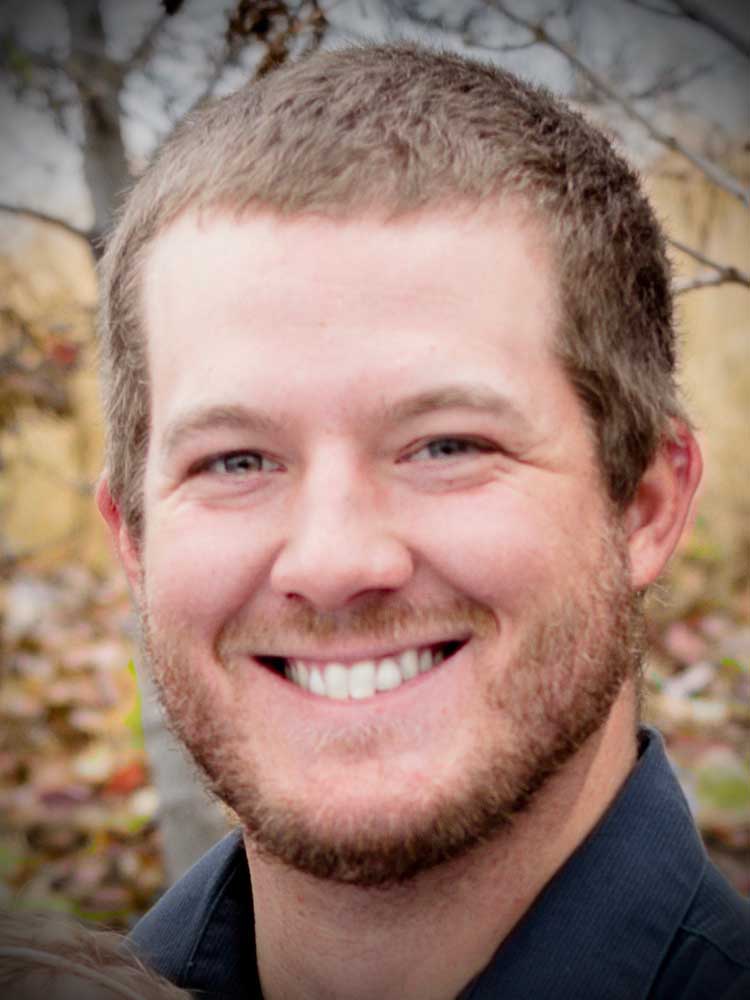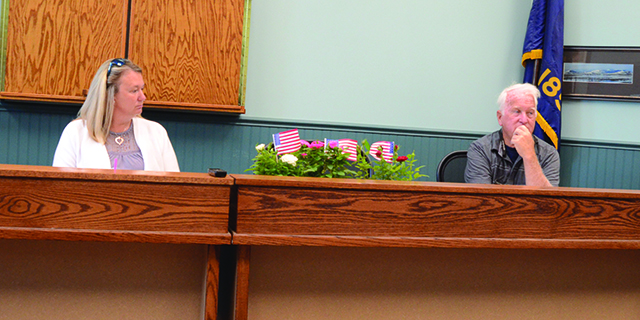On Liberty: Don’t outsource your thinking
Published 6:00 am Wednesday, October 6, 2021

- Patton
The capitalist system of economics incentivizes specialization and the division of labor. Broadly speaking, these concepts maximize production, innovation and consumption and are vital to the high standard of living with which we are privileged.
Specialization allows one to trade his or her product or service for other products or services — which also is known as outsourcing. Outsourcing, even with its inherent risks and benefits, provides an opportunity for individuals to choose vocations that are aligned with their interests, skills, education, et cetera. However, in America we have taken outsourcing too far: we commonly outsource our thinking and our opinions.
Investopedia defines outsourcing as “the practice of hiring a party outside a company to perform services or create goods that were traditionally performed in-house by the company’s own employees and staff.” In the context of home economics, we can see clearly how vital outsourcing is to our daily lives. We outsource our food production. We outsource the manufacturing of our clothing and vehicles, as well as our major (and sometimes minor) home repairs. We pay people to clean our homes and watch our kids in daycare or educate them. Even if you are a self-sustaining cattle rancher who owns all of your production land, you outsource the manufacturing of your equipment, the production of that equipment’s fuel, the veterinary products you use to keep your herd healthy.
Outsourcing is simply a part of life, and that is a great thing in many ways. We are free to accomplish more when we are able to optimize our own productivity and trade for the other things we need. However, it is clear that many of us have taken this concept of outsourcing a bit too far. We outsource our own thinking. We do this with good intentions, of course; we are busy people with busy lives. When we need to have an opinion on a matter, it seems more efficient to defer to the “experts.” And so, we do.
Of course, we cannot discount the value of experts. Life would be very chaotic if we each had to evaluate every possible decision or perform all our daily activities without relying on the skills and recommendation of specialists. (I certainly wouldn’t want to be tasked with performing my own dental procedures.)
However, there are potential pitfalls in seeking out expert advice, especially when we have our own lived experience with which to generate our own thoughts (this used to be called “common sense”) or if the advice is bad. A brain-scanning study carried out by Emory University neuroscientist Greg Burns caused researchers to conclude that “when given expert advice, the decision-making parts of our brains often shut down.” Burns stated, “When the expert’s advice made the least sense, that’s where we could see the behavioral effect. … It’s as if people weren’t using their own internal value mechanisms.” Seeking out expert advice can be prudent, but it also comes with an unseen cost.
When it comes to our health, we receive a diagnosis and recommendations from our doctor. When faced with a major diagnosis, critical thinkers may even seek out a “second opinion” from another expert in the field. This is a good practice; doctors are not omniscient and, being people, they sometimes make mistakes. After all, according to Johns Hopkins Medicine, each year in America there may be as many as 250,000 deaths resulting from medical errors. Concerning your health, it is prudent to remain skeptical and be on guard for mistakes; it may save your life.
We can undoubtedly see the value in asking for a second opinion relating to a medical diagnosis, but when it comes to group dynamics and the narrative of the mainstream media, there is no room for questioning “the experts.” Many of us are unwilling to risk being an outlier and instead succumb to groupthink, never inquiring about such things as the public health recommendations coming down from the elites in government. This unquestioning behavior has been normalized, but even military courts have long held that military members are accountable for their actions, even while following orders. Regardless of what the experts say, we are personally responsible for our own beliefs and actions.
A responsible thinker might pause to ask: “What if these experts have made a mistake? What if they are afraid of losing their prestige by going against the dominant narrative? What if they can be bought off as easily as politicians?” Experts are fallible humans, just like the rest of us. They are also capable of manipulating the truth. Anyone who appeals to an authority such as “science” and suggests anyone whose research leads to different conclusions is “anti-science” should be treated with extreme skepticism.
It is gravely concerning that our leading government immunologist responded to criticism by declaring, “Attacks on me, quite frankly, are attacks on science.” True scientists welcome questions and inquiry into their methods because it furthers the pursuit of knowledge. It’s easy to identify those acting in bad faith because of their defensiveness and inability to admit errors; they care only about preserving their power and prestige.
Unwavering commitment to the opinion of select experts leaves us vulnerable to error, corruption, and loss of critical thinking skills. It may be convenient to rely on expert advice, but we must not outsource our thinking.









